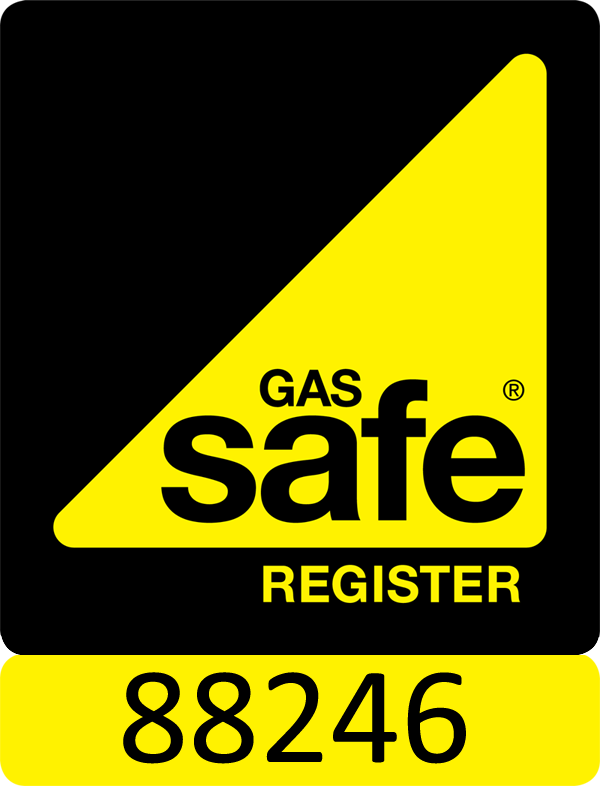LANDLORD SAFETY CHECKS
Over 40 Years Experience Within The Gas Industry.
landlord safety checks
Landlord safety checks, also known as landlord safety certificates or landlord gas safety checks, are essential inspections and certifications required by law in many countries, including the United Kingdom, to ensure the safety of rental properties and protect the well-being of tenants. These checks primarily focus on gas and electrical safety but can encompass other aspects of property safety as well.
What safety checks do landlords need to do?
1. Gas Safety Checks: In many countries, landlords are required to have annual gas safety checks performed by qualified engineers. These checks include inspections of gas appliances, pipework, and flues to ensure they are safe and in good working order. Landlords must provide tenants with a Gas Safety Certificate.
2. Electrical Safety Checks: Some countries and regions require periodic electrical safety checks. These checks involve inspections of the property’s electrical installations and fixed appliances to identify potential hazards and ensure compliance with electrical regulations. An Electrical Installation Condition Report (EICR) may be issued.
3. Fire Safety Checks: Landlords are typically responsible for ensuring that rental properties have adequate fire safety measures in place. This includes the installation of smoke detectors and carbon monoxide alarms, as well as fire escape routes and fire safety equipment. Regular testing and maintenance of fire safety equipment may be required.
4. Appliance Safety Checks: Landlords should ensure that appliances provided as part of the rental property (e.g., ovens, heaters, washing machines) are safe to use and regularly maintained. They may need to arrange for appliance safety inspections and repairs as necessary.
5. Structural Safety: Landlords should ensure that the structure of the property is safe and in good repair. This includes checking for issues like loose handrails, unstable stairs, or deteriorating building materials.
6. Water and Plumbing Safety: Regular checks of water supply and plumbing systems can help prevent issues like leaks and water damage. Landlords should also ensure that water heaters and boilers are functioning correctly.
7. Mold and Dampness: Landlords should address and rectify issues related to mold, dampness, and water ingress promptly to maintain a healthy living environment for tenants.
8. Security: Landlords are responsible for providing secure locks and entry points to the rental property to protect tenants’ safety and possessions.
How Often Should A Landlord Inspect A Property?
The frequency of safety checks that landlords are required to perform can vary depending on the type of check and the regulations in their specific jurisdiction. Here are some common safety checks and their recommended frequencies in the United Kingdom as of my last knowledge update in September 2021:
Gas Safety Checks
Landlords in the UK are required by law to have gas safety checks conducted annually by a Gas Safe registered engineer. This check ensures that gas appliances, pipework, and flues are safe and in good working order. A Gas Safety Certificate should be issued, and a copy provided to tenants.
Electrical Safety Checks
As of June 1, 2020, landlords in England must have an Electrical Installation Condition Report (EICR) conducted every five years for rental properties. This report assesses the electrical installation’s safety and compliance. Similar requirements may apply in other parts of the UK.
Fire Safety Checks
Landlords should regularly check and maintain fire safety equipment, such as smoke detectors and carbon monoxide alarms. It’s a good practice to do this at the start of each tenancy and periodically thereafter. Regular testing and maintenance are essential.
Appliance Safety Checks
Landlords should ensure that appliances provided with the rental property are safe to use and regularly maintained. The frequency of checks may depend on the type of appliance and usage patterns.
Structural Safety
Structural safety checks should be conducted periodically to identify and address issues such as loose handrails, unstable stairs, or other structural hazards. The frequency may depend on the age and condition of the property.
Water and Plumbing Safety
Regular checks of water supply and plumbing systems can help prevent issues like leaks and water damage. The frequency of checks may vary depending on the property’s age and condition.
For more information about landlord safety checks, please feel free to get in touch with any thoughts or queries that you may have give us a call on 07971877861.

